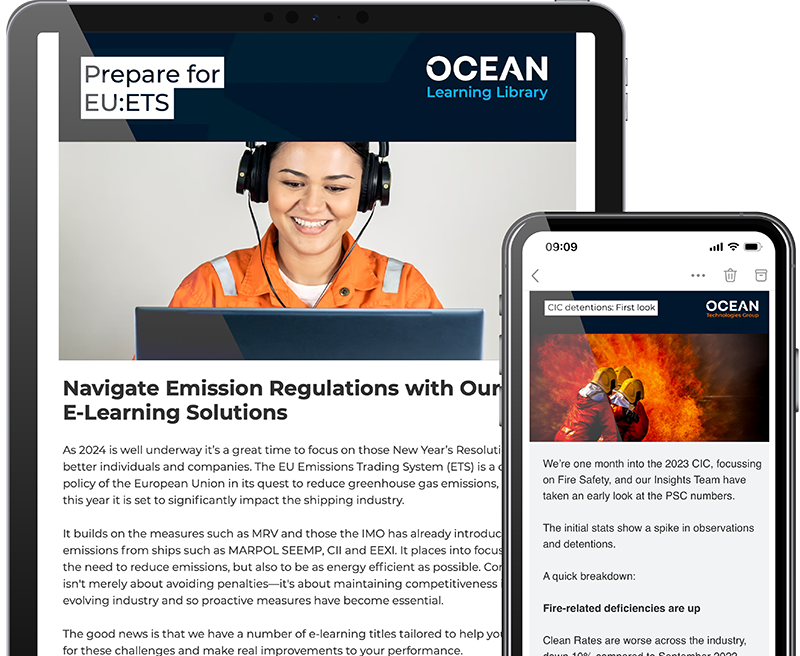Guide to SIRE 2.0
In this article we’ll take a look at SIRE 2.0 – what it is, where it’s come from and what it means.
SIRE background
In 1993, the Oil Companies International Marine Forum (OCIMF) launched the Ship Inspection Report Programme (SIRE) to ensure the maintenance of safety standards in shipping by oil majors and improve the safety of tankers.
What is SIRE 2.0?
To adapt to the changing risk profiles in the industry, OCIMF have now developed SIRE 2.0.
A digitised comprehensive inspection program with updated tools and strengthened governance processes for higher quality marine assurance data.
This transformation in how inspections are conducted hopes to support industry efforts to continuously enhance safety.
SIRE 2.0 inspectors will now complete a compiled vessel inspection questionnaire undertaken in real time where questions are selected based on a range of criteria to create a risk-based questionnaire tailored to each individual vessel.
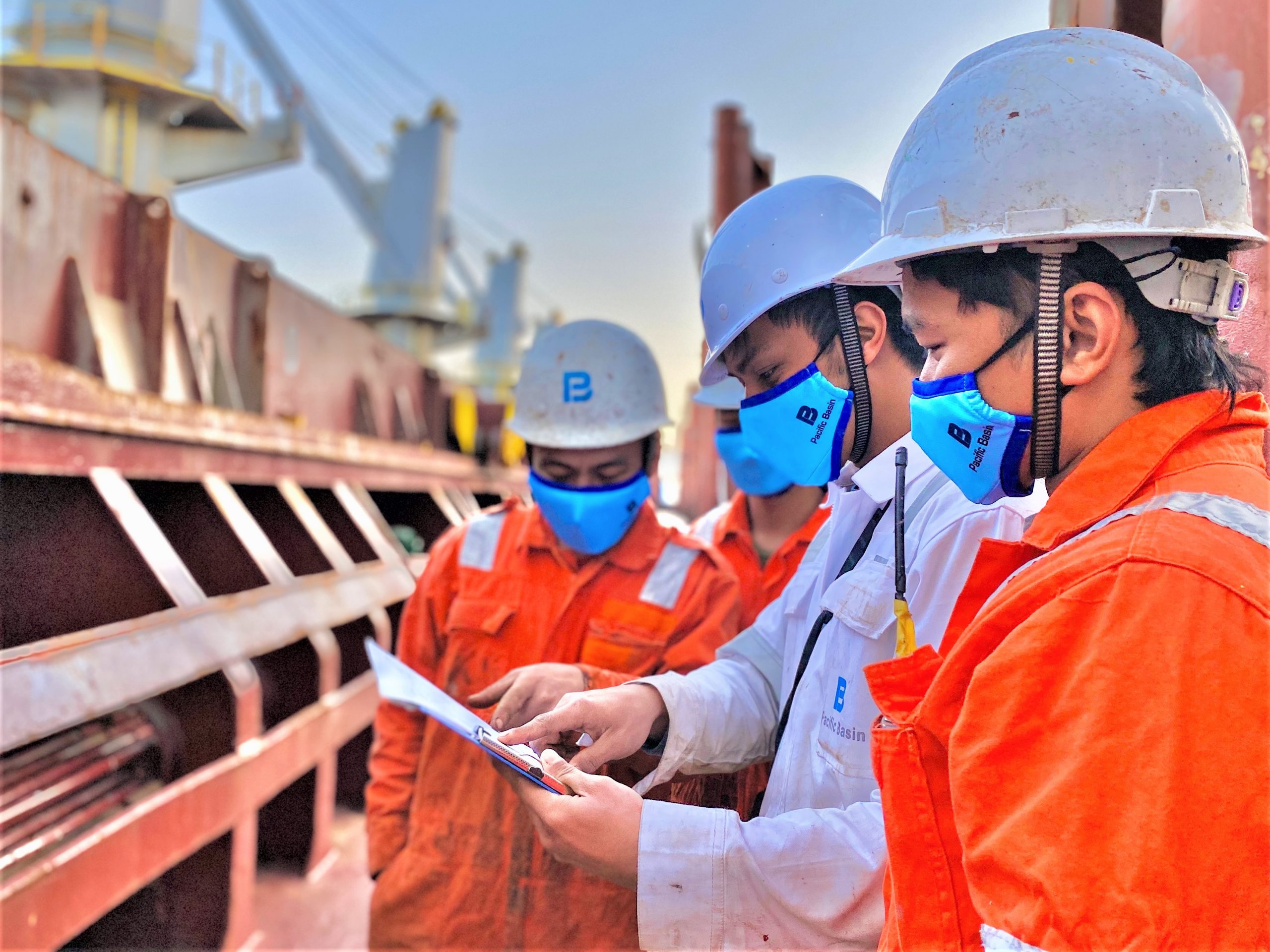
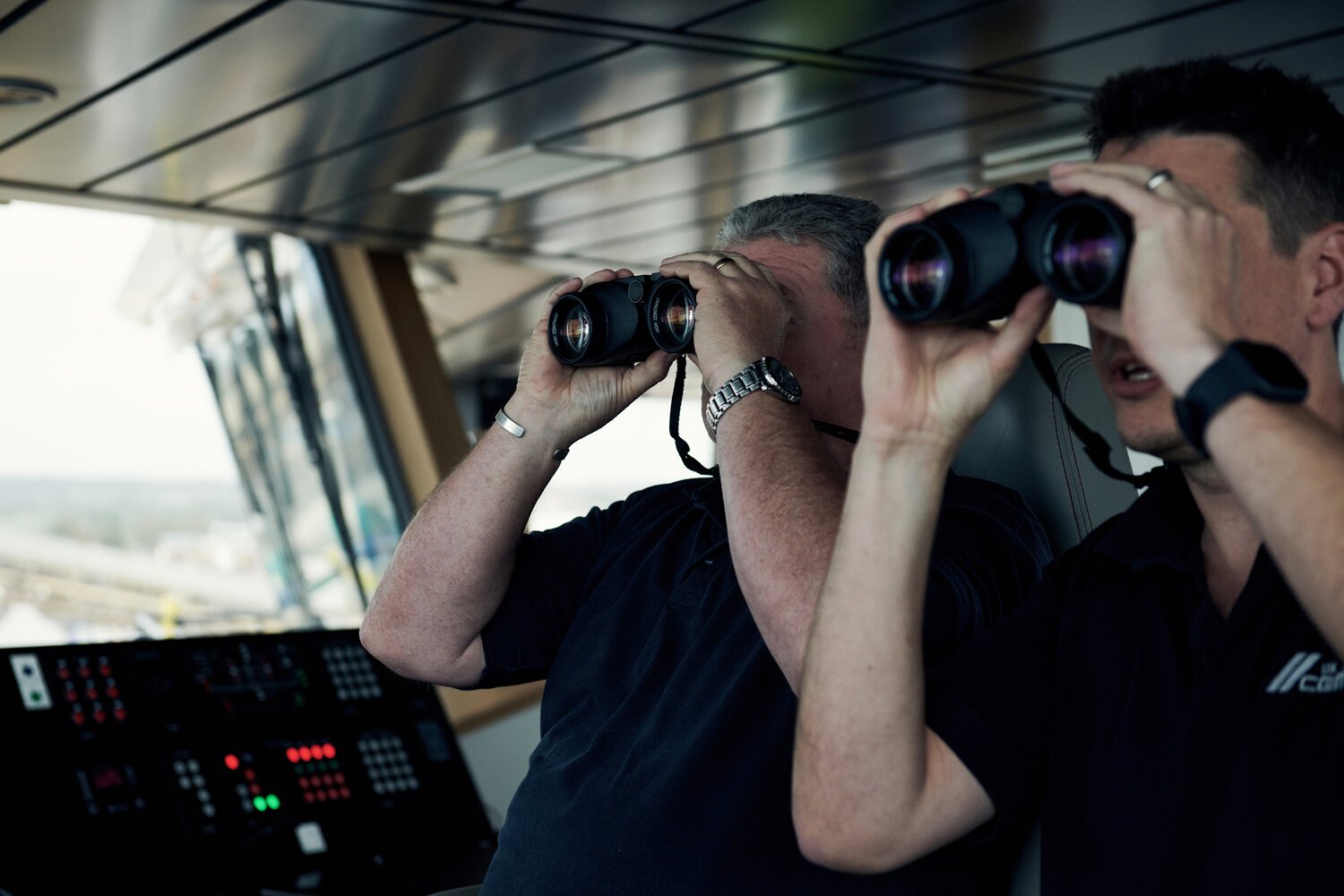
These questions are sorted into three types:
· Core questions which are assigned to every inspection and cover risks that could lead to catastrophic outcomes.
· Rotational questions which are assigned to a vessel on a more intermittent basis while still focusing on similarly severe risks.
· Campaign questions which will come from existing rotational questions assigned to every inspection for a fixed period in response to an accident or industry trend identified by OCIMF.
Any of these question types can be assigned selectively as a conditional question based on a vessel’s type, outfitting, or operational history with questions covering hardware, processes, and human factors that prevent and mitigate risks.
New Challenges
This focus on human factors involves a more widespread observation of crew members that may present certain new challenges with this update.
The updated questionnaire will more accurately report on the quality of crew (on an ongoing basis) and indicate future likely performance, using enhanced tools, strengthened governance processes and more in-depth reporting outcomes.
This involves the inspector spending more time not just conversing with the crew but also watching them perform certain tasks.
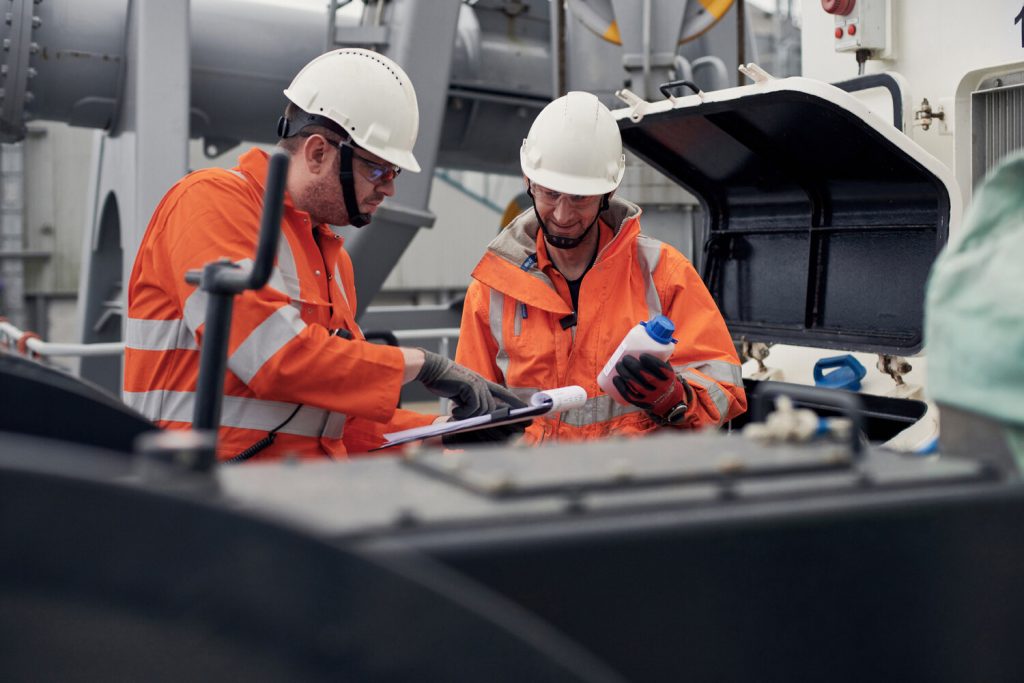
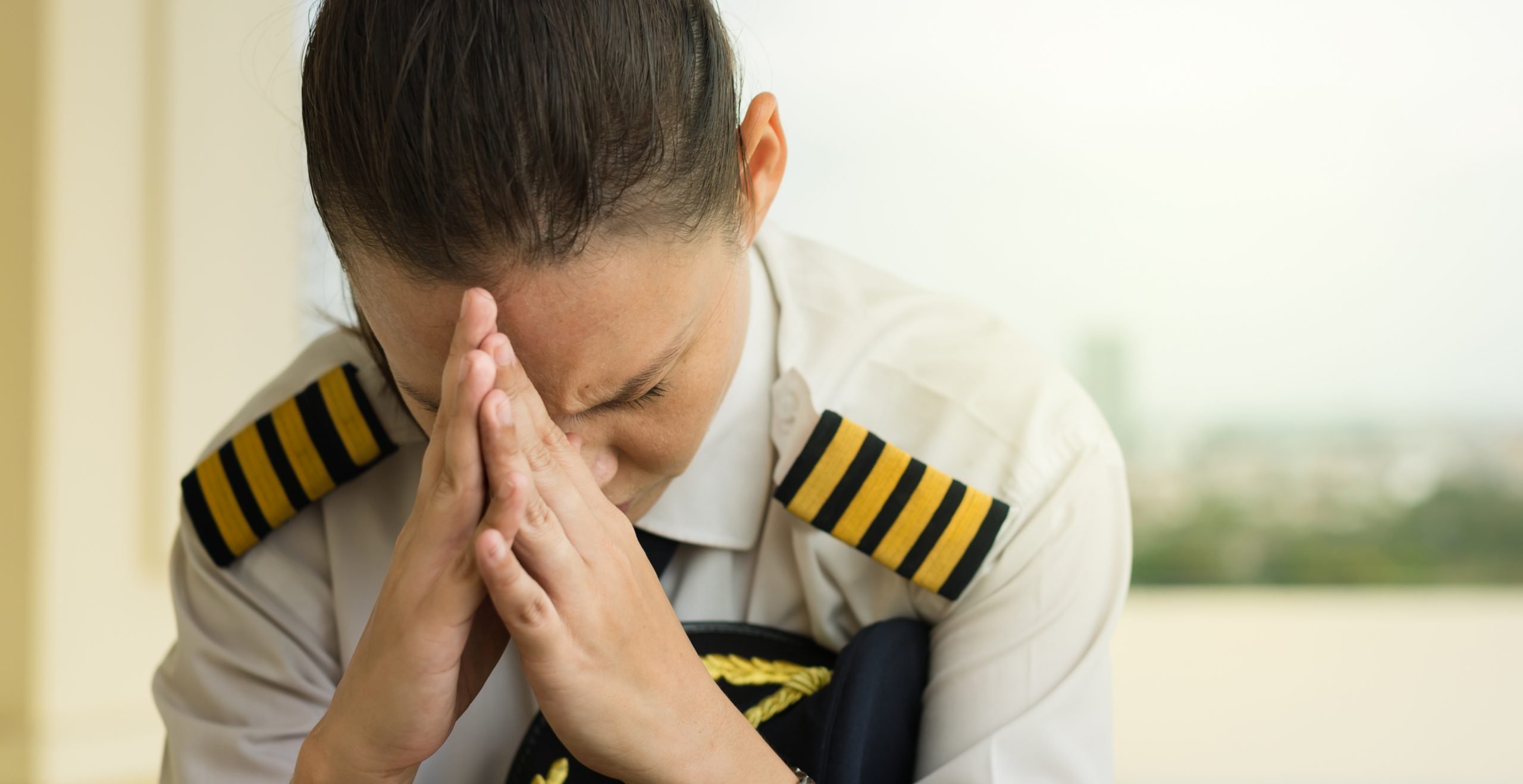
One of the key challenges to be ready for is the potential stress caused to crew members who are not used to being interviewed and having their work scrutinised to this level.
To abate these pressures and adjust to the new standards, crew should learn what the inspector will be looking for and how they can improve their performance to meet the new criteria.
The timing and location of inspections will also need be considered given the increased amount of preparation necessary before inspections.
SIRE 2.0 inspectors will likewise face new hurdles.
Given the increased face-to-face time on board, they will need to have good interpersonal skills to put the crew at ease for a more reliable inspection result.
The update also calls for them to be capable enough with the tablet device to use it in real time for inspections, assigning the right amount of time for each question.
The potential for workplace stress is a challenge that inspectors could face, given the continuous comparison of their work with other inspectors in the area and the inability to delete their observations
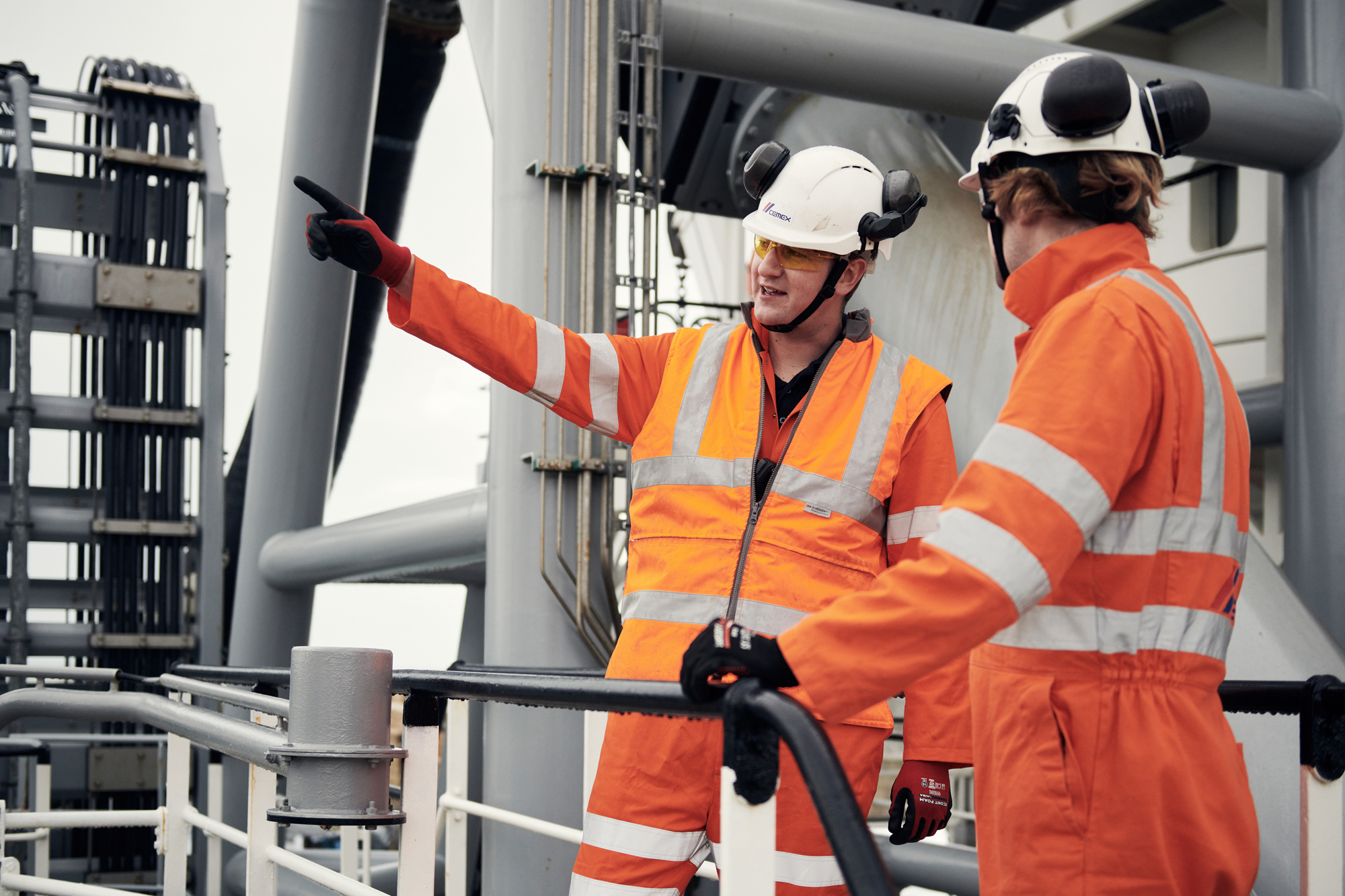

SIRE 2.0 Requirement bundle
Combining our team’s first-hand knowledge of inspections, with in-depth analysis of customer usage data and common findings in inspections, we have mapped titles to specific SIRE 2.0 requirements, for specific ship types and ranks.
Using this requirement bundle gives you the confidence that the right people have access to the most valuable training for improving your SIRE 2.0 inspection performance.
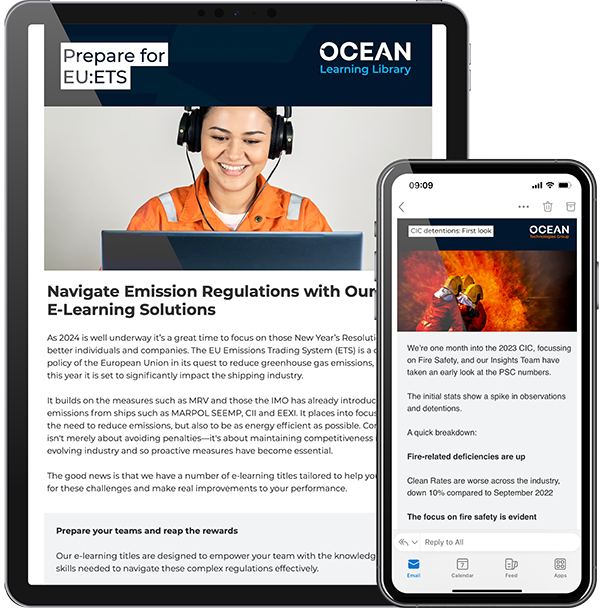
Subscribe to our Newsletter
Stay connected with our guides, insights, news and more.
